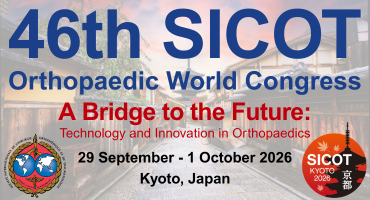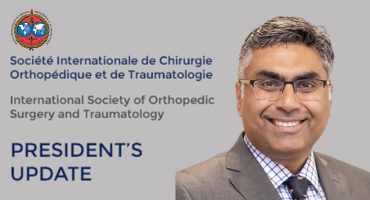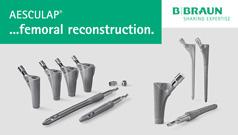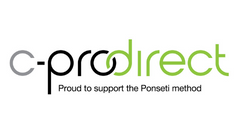Ocular trauma from pressure cooker explosions: A retrospective analysis from South India
Injury. 2025 Nov 20;57(2):112900. doi: 10.1016/j.injury.2025.112900. Online ahead of print.
ABSTRACT
AIM: To analyze the spectrum of ocular injuries caused by pressure cooker explosions, evaluate visual outcomes, and highlight the need for increased safety awareness.
METHODS: This retrospective study reviewed medical records of 40 patients presenting with ocular trauma due to pressure cooker explosions between January 2010 and December 2022 across four tertiary eye care centers in South India. Data collected included demographics, injury type, clinical findings, imaging results, surgical interventions, and visual outcomes. Injuries were classified based on the Birmingham Eye Trauma Terminology (BETT) system and graded according to the presenting and final best-corrected visual acuity (BCVA).
RESULTS: The mean age at presentation was 40 ± 13.4 years, with a female predominance (65 %). Urban residents (62.5 %) were more frequently affected than rural individuals (37.5 %). Closed globe injuries comprised 80 % of cases, while open globe injuries accounted for 20 %. Blast injuries were the most common mechanism (57.5 %), followed by thermal injuries (40 %). Common ocular findings included hyphema (10 %), iridodialysis (7.5 %), traumatic cataract (12.5 %), and vitreous hemorrhage (7.5 %). Surgical intervention was required in 37.5 % of cases, with procedures ranging from conjunctival tear repair to evisceration. Poor visual prognosis was associated with open globe injuries and severe blast trauma.
CONCLUSION: Pressure cooker-related ocular trauma predominantly affects women in domestic settings and can lead to severe vision loss. Increased public awareness, manufacturer adherence to safety standards, and user education on proper handling may help reduce the incidence of such injuries.
PMID:41317659 | DOI:10.1016/j.injury.2025.112900

















